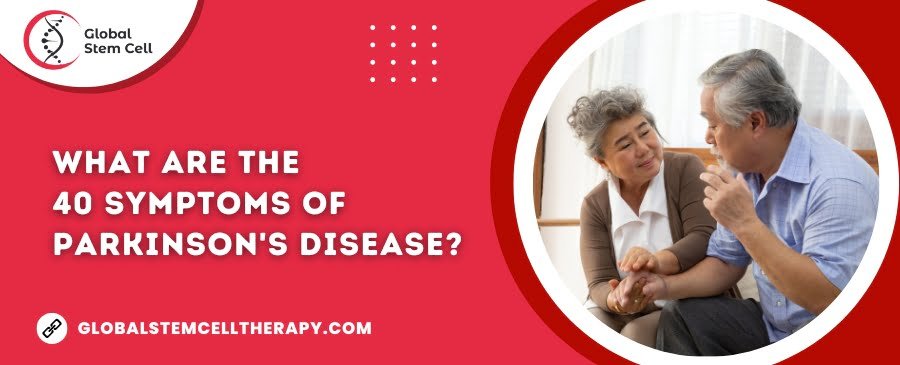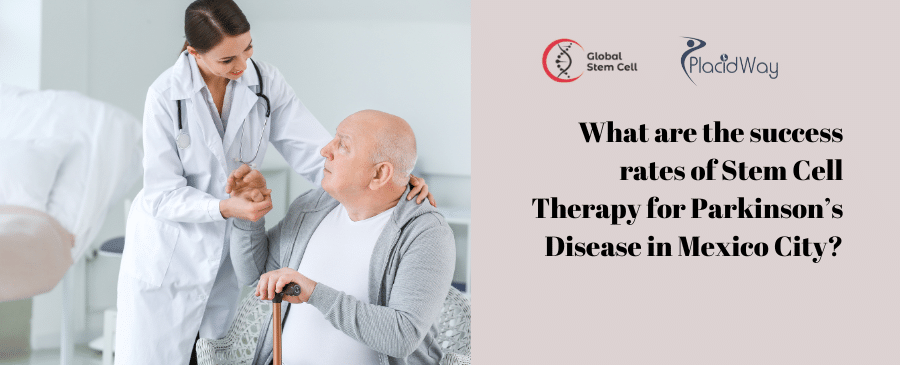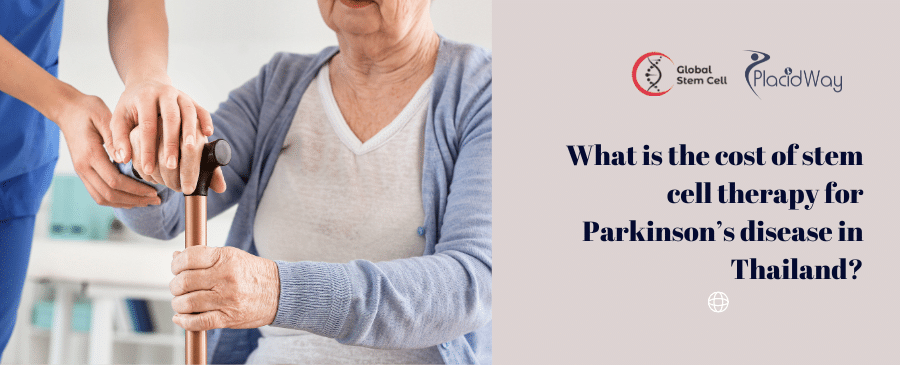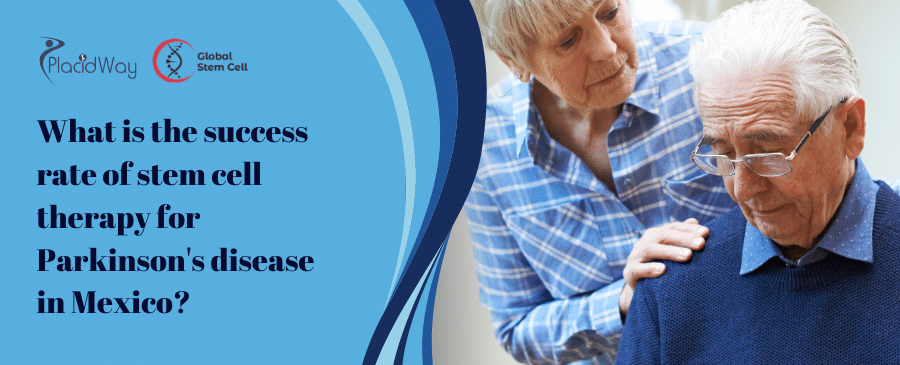Boala Parkinson is a progressive neurological disorder that affects movement and cognitive function. It is a chronic and degenerative disease that affects millions of people worldwide. The disease is caused by the loss of dopamine-producing cells in the brain, which leads to the development of symptoms that progressively worsen over time.
While the symptoms of Parkinson’s disease can vary from person to person, there are some common symptoms that are associated with the disease. In this article, we will discuss the 40 most common symptoms of Parkinson’s disease.
- Tremors: Tremors are the most common symptom of Parkinson’s disease. They usually begin in one hand or arm and can spread to other parts of the body.
- Rigidity: Parkinson’s disease can cause stiffness and rigidity in the muscles, which can make it difficult to move.
- Bradykinesia: Bradykinesia is a slowness of movement that is a common symptom of Parkinson’s disease.
- Akinesia: Akinesia is the inability to initiate voluntary movements, which is also a common symptom of Parkinson’s disease.
- Postural Instability: Parkinson’s disease can cause postural instability, which can lead to difficulty maintaining balance and falls.
- Gait Disturbance: Parkinson’s disease can cause a shuffling gait, where the person takes small, hesitant steps.
- Micrographia: Micrographia is a symptom of Parkinson’s disease where handwriting becomes small and difficult to read.
- Masked Face: Parkinson’s disease can cause a masked face, where the person’s face appears emotionless.
- Speech Changes: Parkinson’s disease can cause changes in speech, including soft or monotone speech, slurred speech, and hesitancy in starting or stopping.
- Dysphagia: Parkinson’s disease can cause difficulty in swallowing, which can lead to aspiration pneumonia.
- Fatigue: Parkinson’s disease can cause fatigue, which can make it difficult to complete daily tasks.
- Depression: Parkinson’s disease can cause depression, which can lead to decreased quality of life.
- Anxiety: Parkinson’s disease can cause anxiety, which can lead to decreased quality of life.
- Insomnia: Parkinson’s disease can cause insomnia, which can lead to decreased quality of life.
- Hallucinations: Parkinson’s disease can cause hallucinations, which can be visual, auditory, or sensory.
- Delusions: Parkinson’s disease can cause delusions, which can be paranoid or related to the disease.
- Dementia: Parkinson’s disease can cause dementia, which can lead to memory loss, confusion, and other cognitive problems.
- Difficulty with multitasking: Parkinson’s disease can make it difficult to multitask, which can lead to decreased productivity.
- Difficulty with planning: Parkinson’s disease can make it difficult to plan and organize daily activities.
- Difficulty with decision-making: Parkinson’s disease can make it difficult to make decisions, especially when faced with complex choices.
- Difficulty with problem-solving: Parkinson’s disease can make it difficult to solve problems, especially when faced with complex or abstract problems.
- Apathy: Parkinson’s disease can cause apathy, which is a lack of interest or enthusiasm for activities that were once enjoyable.
- Anhedonia: Parkinson’s disease can cause anhedonia, which is the inability to experience pleasure.
- Loss of smell: Parkinson’s disease can cause a loss of smell, which is a common early symptom.
- Constipation: Parkinson’s disease can cause constipation, which can be a sign of autonomic dysfunction.
- Urinary urgency: Parkinson’s disease can cause urinary urgency, which can be a sign of autonomic dysfunction.
- Urinary frequency: Parkinson’s disease can cause urinary frequency,which is another sign of autonomic dysfunction.
- Sexual dysfunction: Parkinson’s disease can cause sexual dysfunction, including decreased libido, erectile dysfunction, and difficulty achieving orgasm.
- Excessive sweating: Parkinson’s disease can cause excessive sweating, which can be a sign of autonomic dysfunction.
- Seborrhea: Parkinson’s disease can cause seborrhea, which is a condition where the skin produces excessive amounts of sebum, leading to oily skin and scalp.
- Restless leg syndrome: Parkinson’s disease can cause restless leg syndrome, which is a condition characterized by uncomfortable sensations in the legs and an urge to move them.
- Sleep disorders: Parkinson’s disease can cause various sleep disorders, including insomnia, sleep apnea, and REM sleep behavior disorder.
- Orthostatic hypotension: Parkinson’s disease can cause orthostatic hypotension, which is a drop in blood pressure upon standing, leading to dizziness and fainting.
- Freezing: Parkinson’s disease can cause freezing, where the person becomes temporarily stuck in one position and cannot move.
- Difficulty with fine motor skills: Parkinson’s disease can make it difficult to perform fine motor skills, such as buttoning a shirt or using utensils.
- Difficulty with gross motor skills: Parkinson’s disease can make it difficult to perform gross motor skills, such as walking or running.
- Difficulty with balance: Parkinson’s disease can cause difficulty with balance, which can lead to falls.
- Difficulty with coordination: Parkinson’s disease can make it difficult to coordinate movements, such as catching a ball.
- Muscle cramps: Parkinson’s disease can cause muscle cramps, which can be painful and debilitating.
- Dystonia: Parkinson’s disease can cause dystonia, which is a neurological condition characterized by involuntary muscle contractions and abnormal postures.
Parkinson’s disease is a complex and progressive neurological disorder that affects movement and cognitive function. While the symptoms of Parkinson’s disease can vary from person to person, the 40 symptoms discussed in this article are the most common. If you or a loved one are experiencing any of these symptoms, it is important to seek medical attention as soon as possible to receive an accurate diagnosis and appropriate treatment.







